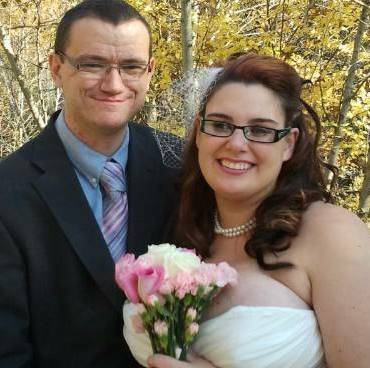Just weeks after Creation Museum founder Ken Ham debated Bill Nye in a curt back-and-forth that illustrated the widening gap between cultural ideas about religion and science, a new reboot of the show Cosmos debuted in an effort to close it.
The show, with astrophysicist Neil deGrasse Tyson filling in for the late Carl Sagan, sets out to explore the wonders of the universe on the “Ship of the Imagination.” But unlike the hostile tone of debates that pit preacher versus scientist, Cosmos is an effort to explore the unknown—even if it takes acts of faith. “Science gives us the power to see what vision cannot,” deGrasse Tyson says on the show.
The series is so dedicated to the idea of merging faith and science that its NatGeo channel debut (which drew 40 million viewers) looked at the story of 16th century Franciscan monk Giordano Bruno, who was burned at the stake for believing in a limitless universe.
The story was a challenge to some overly rigid concepts of organized religion, but not to faith in a creator. Bruno’s (and, to a degree Cosmos’) message to those who see religion and science as enemies? “Your God is too small.”





















